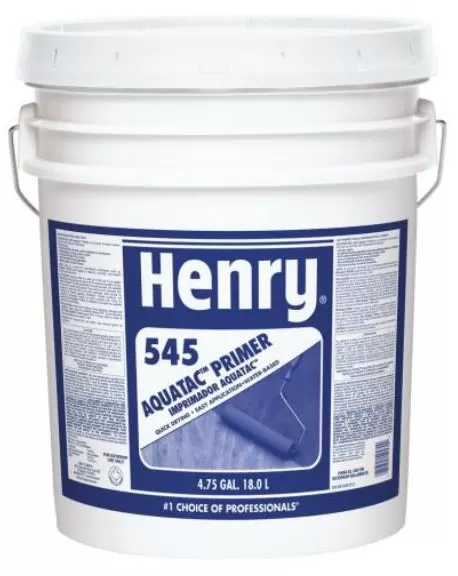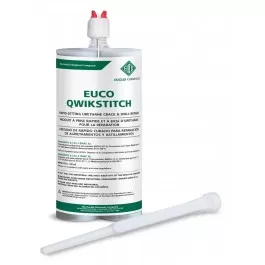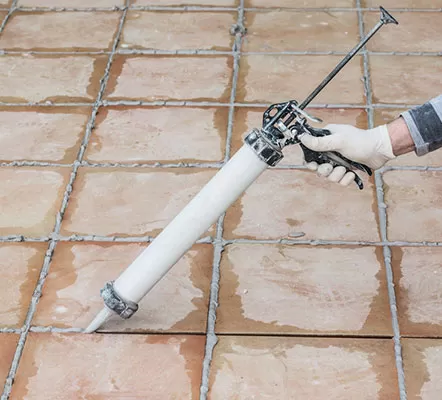Blog
What Are The Limitations Of Bituthene® 3000?
It has been known for a very long time that Bituthene® 3000 is an effective waterproofing solution. This self-adhesive membrane is renowned for its longevity and the convenience with which it can be applied. It provides an efficient barrier to water and vapor, so ensuring that the structural integrity of buildings is maintained. Nevertheless, it is not a wand of magic. It comes with a set of restrictions, the same as any other product would. Let’s get into more detail about the applications that are restricted for the Bituthene® 3000.
Bituthene® 3000: An Overview
Waterproofing applications in construction frequently include the use of Bituthene® 3000, a self-adhesive, flexible membrane. It is typically used in below-grade construction, including basements, foundations, tunnels, and plaza decks, to prevent water and vapor infiltration. The membrane is manufactured from a high-density polyethylene sheet that is pressure-sensitive adhesive coated on one side. Bituthene® 3000 is appropriate for difficult installation situations due to its high durability, tear resistance, and puncture resistance. Without compromising its waterproofing properties, it may flex with the substrate. This device offers a tried-and-true method for protecting subterranean buildings from the elements.
Application Conditions and Surface Preparation
The application requirements are a significant limitation that must be taken into consideration. For maximum performance, Bituthene® 3000 must be applied within a specific temperature range. When the temperature is lower than -4 degrees Celsius (25 degrees Fahrenheit), the adhesive capabilities may become less efficient, which may result in incorrect adherence. The same may be said about exceedingly high temperatures.
In addition, a significant amount of the product’s success is dependent on surface preparation. The substrate ought to be spotless, completely smooth, and devoid of any rough edges, stray materials, or cavities. The waterproofing membrane’s efficiency may be reduced if it is used on a surface that has not been adequately prepared.
Not Suitable for All Surfaces
Although Bituthene® 3000 is a flexible waterproofing solution, it cannot be used on all substrates due to their different properties. This constraint may provide a problem for very complicated projects. For example, it is not intended for use with materials that exude oils, plasticizers, or solvents, such as bituminous compounds or polystyrene insulation, and hence cannot be used with these types of materials. In addition, Bituthene® 3000 cannot be used with freshly laid brick or concrete that is still curing since the high alkalinity of these materials might prevent the membrane from adhering properly.
UV Exposure Limitations
Another one of Bituthene® 3000’s drawbacks is that it is susceptible to the effects of ultraviolet (UV) light. The membrane’s integrity can be compromised over time by prolonged exposure to sunlight. This renders it unsuitable for applications in which continuous, direct UV exposure over an extended period of time is unavoidable unless an extra layer of protection is added.
Limitations in Chemical Resistance
Bituthene® 3000 provides some resistance against the presence of chemicals, but it is not a solution that can be applied universally to all situations in which chemicals are present. If the membrane is exposed to specific compounds, such as petroleum solvents, coal tar solvents, or ketones, it is possible that it could get damaged. Because of this, its application is restricted in settings where compounds of this kind are common.
Need for Skilled Labor
Although it is designed to be user-friendly, the proper application of Bituthene® 3000 requires the labor of trained professionals. During the installation process, there are a few crucial processes that must be completed, including surface preparation, priming, detailing, membrane application, and the installation of protective boards. Because a defective waterproofing system might be the consequence of errors at any point, its application is restricted to circumstances in which skilled staff are available.
An Effective Solution within Its Scope
Despite these drawbacks, Bituthene® 3000 continues to be a good choice for a wide variety of applications as a trustworthy waterproofing solution due to its long-lasting nature and superior water resistance. The important thing is to comprehend and adhere to its limitations, as well as to make certain that it is utilized in acceptable contexts by knowledgeable experts.
Before deciding on Bituthene® 3000 for your project, it is necessary to give careful consideration to the aforementioned aspects to guarantee that the material will satisfy all of your particular requirements and specifications. It can provide years of dependable service if it is used and applied appropriately, which will considerably contribute to the durability and safety of structures.




